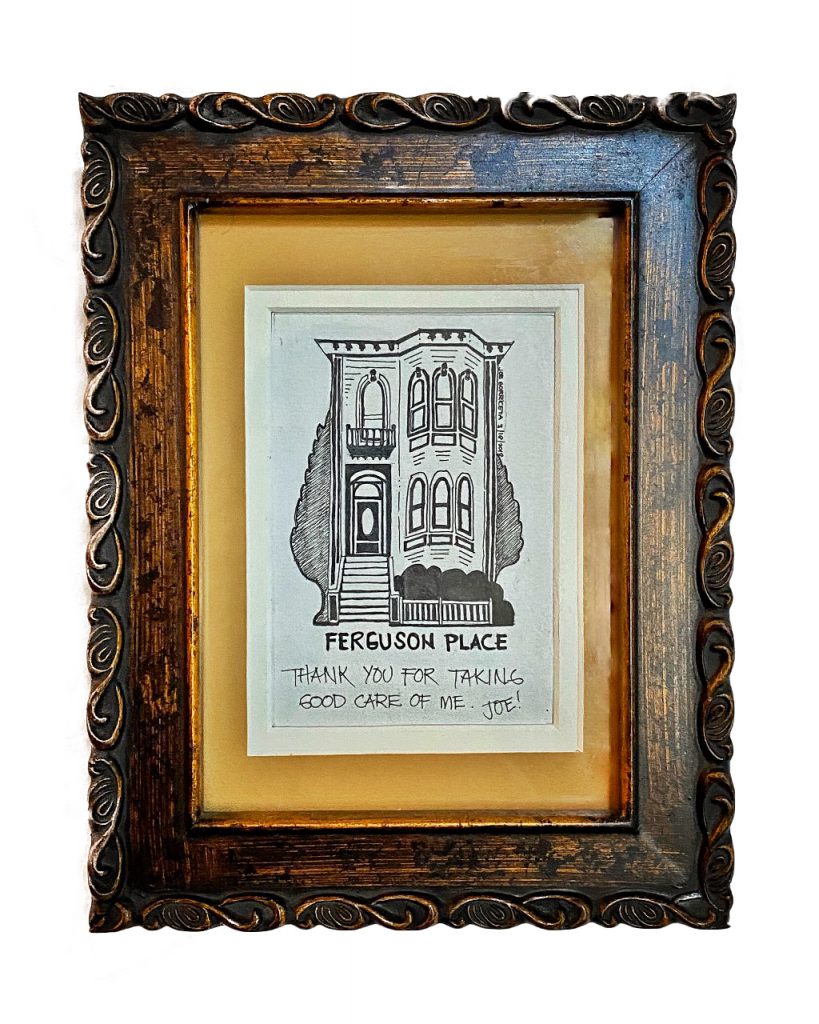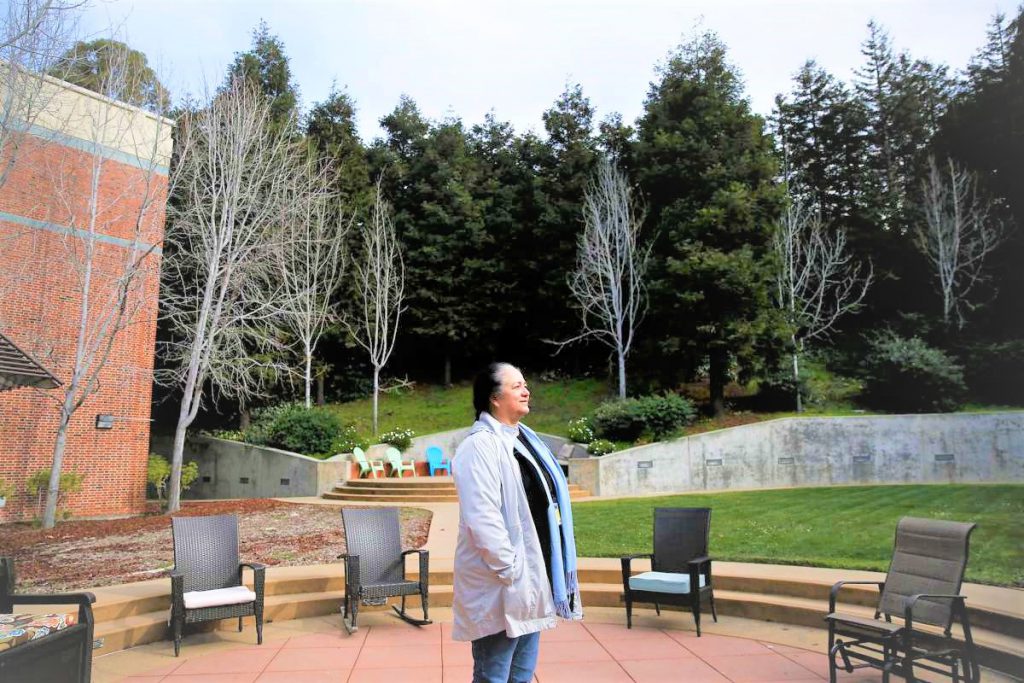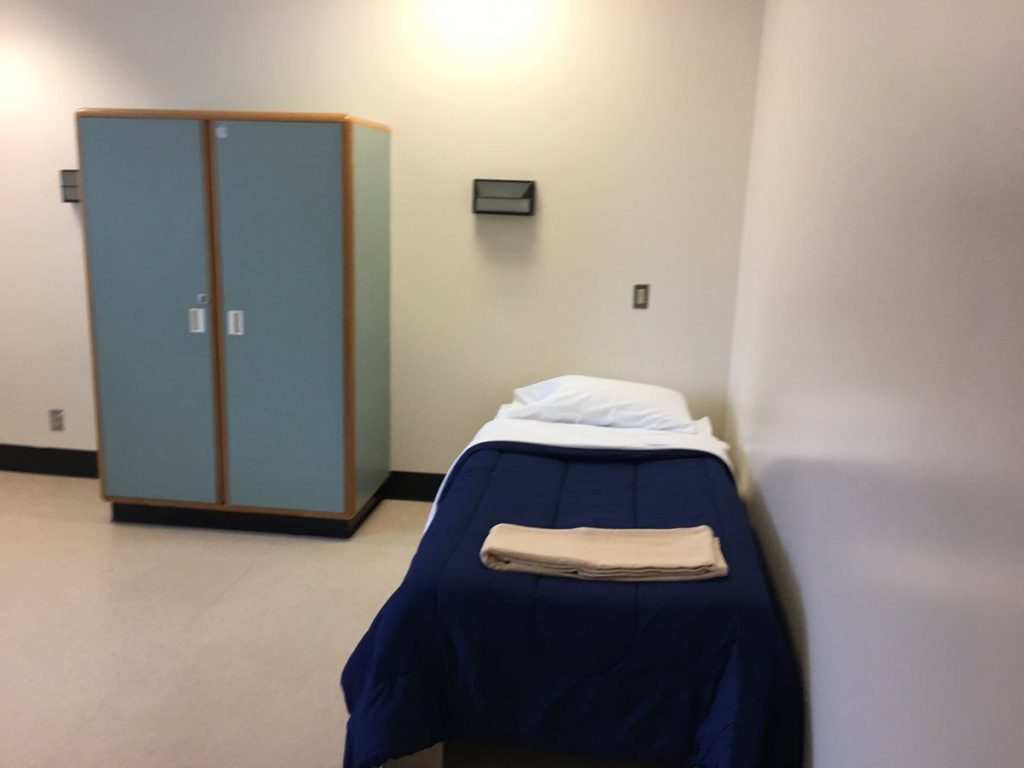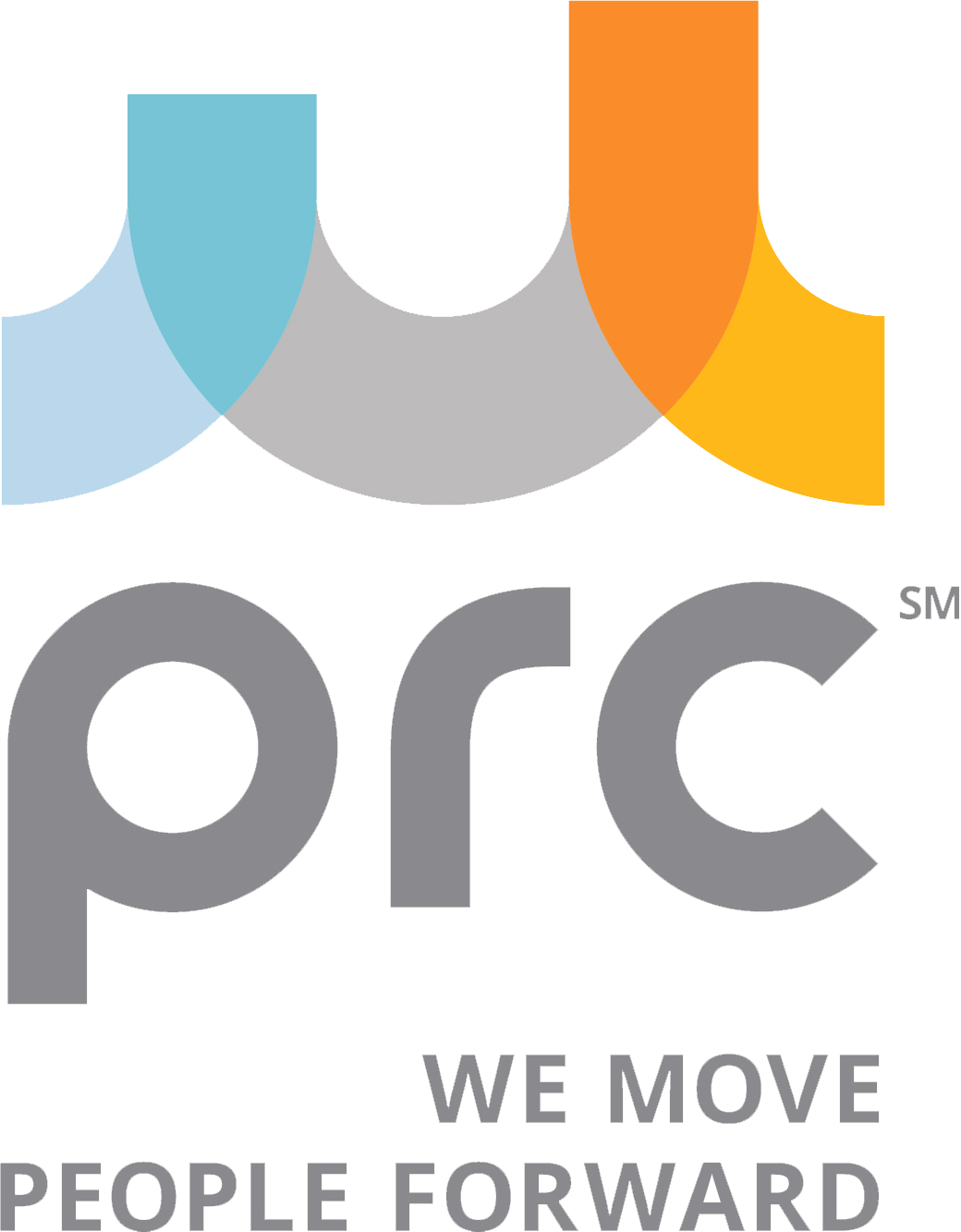At her lowest point, Alana was experiencing major depression, post-traumatic stress disorder, psychosis, and a lack of self-esteem. She was feeling suicidal and struggling with a drug addiction, a harmful relationship, and chronic homelessness, all further complicated by being a transgender woman.
Now, Alana is sober, has her depression and anxiety fully under control, and is even looking into going back to school.
What prompted this change? Participating in PRC’s wraparound service model that provides a pathway from crisis to stability.
Alana’s first contact with PRC was the 90-day treatment program at Jo Ruffin Place, a transitional residential treatment program focusing on co-occurring mental health and substance use disorders. Her experience there was nothing short of life-changing.
Alana went from having no structure while homeless to having daily structured groups within a safe and healthy atmosphere focused on her recovery. Alana had a counselor from the beginning to help her navigate. She was surrounded by others going through the same thing, people she developed a family bond with and continues to stay in touch with many months later.
The Jo Ruffin staff were incredibly supportive, non-judgmental, and encouraging, putting Alana on the right track to recovery and stability. Alana was able to stop using, see a therapist, connect with providers, go to recovery meetings, find medication that worked for her, and get her depression and anxiety under control.
Following her 90-day stay, Alana secured a spot in PRC’s Assisted Independent Living Program (AILP). Established to meet the need for clients desiring continued assistance, this sustained treatment through ongoing support is incredibly successful in preventing relapse. Clients who’ve formed friendships can live together while receiving case management services from PRC staff. Alana checks in with her case manager weekly, and has built healthy social relationships with her roommates. She is in much better health, including getting regular exercise and eating better.
Alana also enrolled in PRC’s new Lifting Up Peers for a Brighter Tomorrow program, or Lift UP SF for short. Part of our Workforce Development program, Lift UP SF was created specifically for people like Alana with what we call “lived experience” – those with a real world understanding of mental health and substance use treatment settings – to train for jobs as peer health professionals in community and public health settings. Over the course of the four-week, 64-hour program, Alana accessed individual coaching and peer group support and worked closely with mentors who have their own lived experience and serve as role models.
Alana also continues to participate in weekly PRC support groups and workshops. She registered for NextStep Computer Training, PRC’s four-week Microsoft Office intensive course. Alana has started volunteering regularly and shares, “It’s given me an opportunity to be productive. It feels good contributing rather than only taking.”
Alana is also looking into going back to school to finish her degree, something that didn’t feel realistic before but after PRC’s offerings, she’s feeling confident in her ability to continue learning, to go back to work, to expand her horizons, and to participate in life in San Francisco without the fear and instability she had before.
Throughout all the PRC programs she’s engaged in, Alana has felt stable, supported, and not judged regarding her recovery, even when she relapsed. As a transgender woman, she’s felt cared for, interacting with staff who value diversity and support the LGBT community.
When asked what she would say to a PRC potential supporter, Alana doesn’t mince words. “I would say that PRC really is life changing. PRC has been transformational for me. It’s taken me from a really hopeless place to become a healthy, stable individual with my mental health and substance use issues managed. I’m happy more than I’m not. PRC does a great job helping the most vulnerable people. I belong to that group. They helped me in a nonjudgmental, caring way. I never felt I had to be ashamed or embarrassed. I’ve always felt fully supported by PRC.”
Alana is a testament to how PRC’s varied services – our integrated service continuum of care – work together to help our most marginalized individuals out of crisis and transform them into happy, healthy, independent individuals.
You can help guide individuals like Alana to do positive in the world. Consider making a donation to support PRC.




